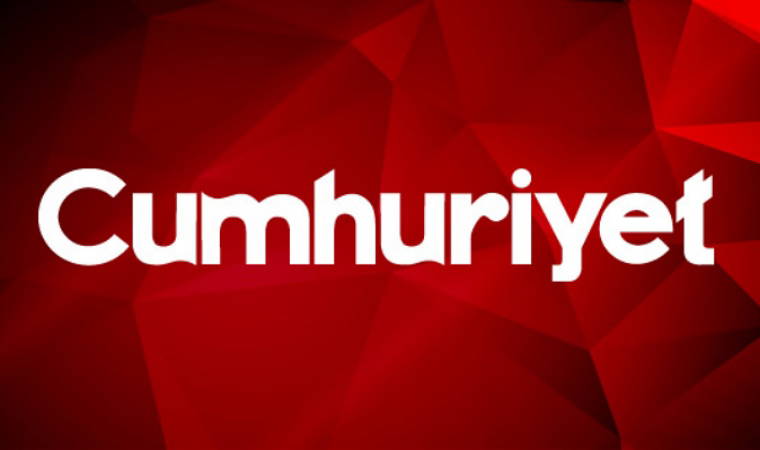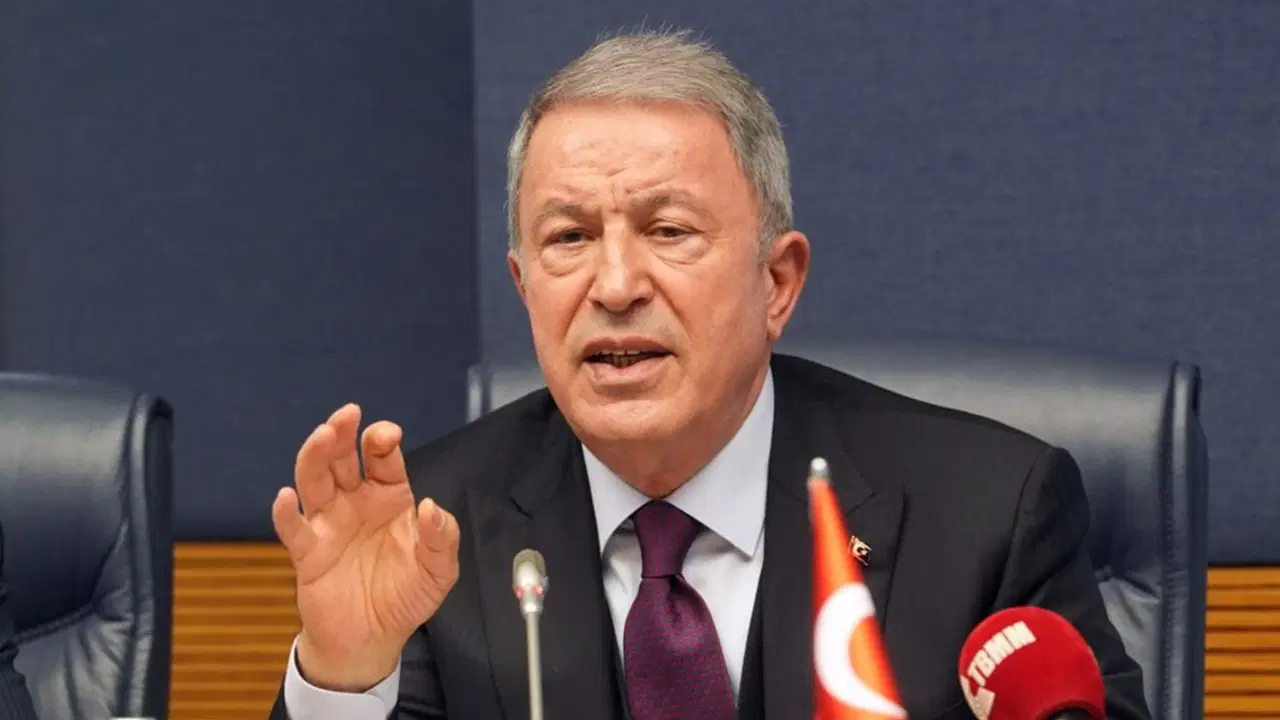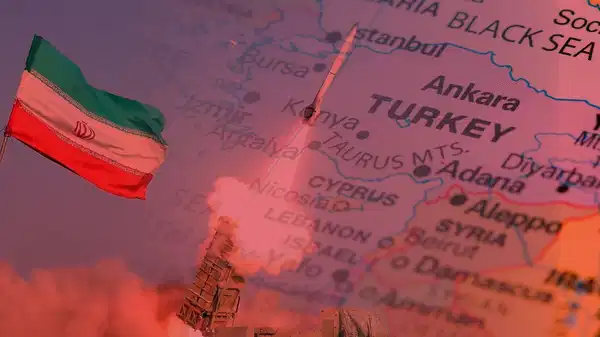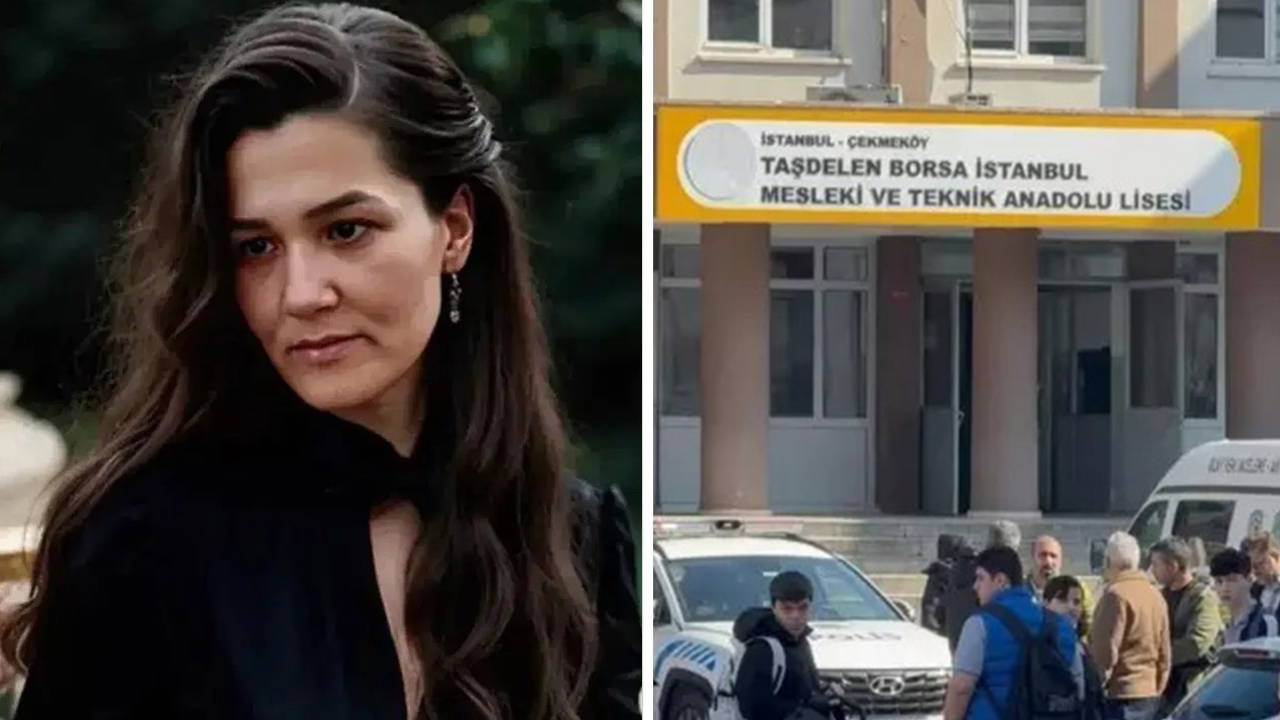
Abdullah Gül’s former press advisor, Ahmet Sever, has spoken in his new book of the power struggles that took place in the AKP. Sever indicates in his book that, by means of a press conference he held in 2007, Gül managed to become president despite Erdoğan’s endeavours to prevent him. He also writes in the book that following the Constitutional Court’s ruling number 367, there was an attempt to make Abdullah Gül withdraw his candidacy and the threat was circulated that if Gül resisted tension would rise and there would be a coup. Sever also states in the book that the AKP’s Şentop told British journalist Gardner with reference to Gül and Davutoğlu that if they pass to the opposition, “They will be branded as Gulenists and jailed.”
The second book by long-time press advisor of eleventh President Abdullah Gül, Ahmet Sever, containing historic information about his experiences during his time in office and afterwards, has appeared on the market today. Sever, in his book titled, “Political Secrets Behind Closed Doors – Getting it off my Chest - My Testimony,” has revealed that Gül was able to become president in 2007 with the last-minute press conference he held despite Erdoğan’s attempts to hinder him. Sever indicated that the person from the AKP who told British journalist David Gardner before last year’s referendum that they would brand Gül and Davutoğlu as Gulenists and jail them was the AKP’s Parliamentary Constitutional Commission Chair Mustafa Şentop, and argued that he could not have made this comment without Erdoğan’s approval.
“Don’t get mixed up Sadullah!” Sever, mentioning accusations in the pro-regime media that Abdullah Gül was close to the Gulenists, discusses events following Ahmet Şık and Nedim Şener’s detention in the Ergenekon trial. According to Sever’s book, when Minister of Justice at the time, Sadullah Ergin, went to consult with Prime Minister Erdoğan in the period following Şık and Şener’s detention, he saw Istanbul Intelligence Branch Director Ali Fuat Yılmazer (currently detained on FETO charges) in the private secretariat. Yılmazer gave Ergin a page setting out the grounds for Şık and Şener’s detention. Reading the page, Ergin cautioned Yılmazer, “Never mind detention, you cannot inquire after identity for these charges. Do not mislead his excellency the Prime Minister with these groundless charges.” When Ergin came into Erdoğan’s company, he conveyed his concerns over the detaining of the two journalists and said there was no evidence that warranted the two journalists being detained and this would overshadow the legitimacy of the Ergenekon and Sledgehammer trials. Erdoğan’s response was brief and harsh: “What, then? You want to interfere with the judiciary? Don’t get mixed up in the judiciary’s business.” Sever entered a note in the book that Sadullah Ergin, whom he called to confirm this information, provided no input but he confirmed it with other sources.
“The Gulenists did not want Ergin” Sever, noting that Ergin was worried by the consolidation of the Gulenists in the judiciary and was troubled by the headstrong arbitrary demeanour of Zekeriya Öz, now a FETOist on the run, writes that he turned down Öz’s requests for appointments and the Gulenists thus lobbied hard to block Ergin from being a minister. Sever, noting that following 15 July there were attempts to label Ergin a FETOist, writes, “In fact, all the operations in the judiciary were conducted through Erdoğan’s close communications with Gulenist intelligence officers and prosecutors, knowledge and approval. Zekeriya Öz worked in direct connection with Erdoğan.
Gül-Gulenists tension
Sever, recalling that, following President Gül’s comment in which he expressed the concern
he felt at Şık and Şener’s detention, Prosecutor Öz directly targeted Gül and made a
counterstatement saying, “No office and authority can give us instructions,” writes that this
was Gül’s first clear stance in opposition to the Gulenists and the first tension to be
experienced.
Behind the scenes at that meeting
Sever states that, following the first book he wrote, Minister of Justice at the time, Sadullah Ergin, called and clarified what had been discussed on 11 August 2014 at the Central Decision and Executive Board at which a resolution was passed to hold the AKP extraordinary congress one day before the end of President Gül’s term in office and thereby prevent his candidacy for AKP General Chair.
Ergin gave the following account of events when Erdoğan wanted a vote to be taken at the Central Decision and Executive Board on holding the congress on 27 August: “I immediately raised my hand and asked to take the floor. I indicated that we had shamed ourselves in 2012 by resolving that Mr Abdullah Gül could not be elected once more and should not shame ourselves again for a second time until we had managed to rid ourselves of this shame. I pointed out that postponing the congress by two or three days, that is holding it after Mr Gül’s term in office had ended, would not at all harm our party and, if it took place on 27 August, the perception would arise that it had been brought forward especially to stand in Mr Gül’s way. Following me, Hüseyin Çelik and Abdülkadir Aksu addressed the meeting and mentioned the comment, ‘I will return to my party’ President Gül had made while the Central Decision and Executive Board was in progress and stated that, under these conditions, it would be hard to account to the party base for the bringing forward of the congress to one day before the end of Gül’s term in office.”
“The three jerks”
Despite these objections, the resolution desired by Erdoğan was passed unanimously in the vote held, but, as Erdoğan was leaving the auditorium he commented to those in his entourage in an angry tone, “The three jerks” with reference to Ergin, Çelik and Aksu. Sadullah Ergin also said that the statutory amendment made in 2012 to prevent President Gül from standing for a second time was made at Erdoğan’s behest.
“Gül became president despite Erdoğan”
Sever writes, “Had it been down to Erdoğan, Gül would not have managed to be elected president in 2007.”
Following the 27 April e-memorandum and the Constitutional Court’s ruling number 367, the presidential election in which Gül was a candidate was cancelled. At this, the government decided on an early election. Although the AKP emerged victorious from the election, certain circles, not least the military, continued to oppose Gül’s candidacy. It is indicated in the book that incredible lobbying was embarked on to get Gül to abandon his candidacy and the threat was circulated that if Gül resisted tension would rise and there would be a coup: “Figures close to Erdoğan, advisors such as Yalçın Akdoğan and Akif Beki and businesspeople such as Ethem Sancak and the late Hasan Doğan, toured the media and suggested the message be imparted that Gül abandon his candidacy. In conveying these views, they did not neglect to let slip: ‘This is his excellency the Prime Minister’s view.’”
Sever, who includes columns by Akdoğan and Ahmet Taşgetiren favouring Gül’s withdrawal, indicates that Erdoğan, in whom Hasan Celal Güzel had also confided his worries about a coup, wanted him to pass this on to Gül and, recalling previous comments about what he had told Gül, Erdoğan wanted Minister of National Defence Vecdi Gönül, whose wife did not cover her head, to be fielded as candidate. Sever, noting that Gül was fed up with all these events and said that if he withdrew the electorate would accuse him of cowardice, writes the following:
“In a last minute deft move”
“On one of those arduous days, I made a suggestion to him: ‘Sir, you see that they are trying every means to get you to abandon your candidacy. They are gaining further ground every day. There is one way to spoil this game. Hold a press conference and declare your candidacy live on all stations; let there be an end to it.’ After a brief hesitation, he made his decision. He was going to announce his candidacy at 14 hours in the Foreign Ministry’s press conference auditorium. On arriving in front of the ministry in his official car, Gül stopped and said the following: ‘Let us notify the Prime Minister of the press conference. It would be unseemly for him to learn of my decision from the television.’ Erdoğan was unaware that Gül was going to declare his candidacy. Protection Director Osman Çangal called the Prime Minister and handed the phone to Gül. We got out of the car. The call lasted a very short time. Then Gül announced his candidacy at the press conference. The road leading to his presidency finally opened up after this press conference. In fact, some time after having been elected President, Abdullah Gül would say in his office in my presence and that of Ambassador Gürcan Türkoğlu, ‘If I had not held a press conference and declared my candidacy that day, I would not be President today.’”
“Davutoğlu’s Gülen lie”
Sever also supplies information about the polemics over Davutoğlu’s meeting with Fethullah Gülen that took place between Prime Minister Davutoğlu and Gül. Davutoğlu has alleged that in September 2013 while he was Foreign Minister he spoke to Gülen with Gül and Erdoğan’s knowledge, while, for his part, Gül announced that he learnt of the meeting later. With regard to these polemics, Sever imparts in his book what the only witness in the President’s delegation, Ambassador Gürcan Balık (currently detained on FETO charges), told him: “He (Balık) interjected, ‘Unfortunately, Mr Ahmet Davutoğlu is not telling the truth and continued, ‘Ahmet, Mr Davutoğlu said that he wanted to go and speak with Fethullah Gülen while the United Nations General Assembly was in session. And I said that it would be appropriate to inform his excellency the President Gül and obtain permission.’ He retorted, ‘There is no need for me to talk. You inform him.’ I was caught between the two of them and was in a very difficult position. His excellency the President became aware of this meeting after he had returned to Turkey.” Sever notes that after Davutoğlu had stood down as Prime Minister, in the days when he was feeling slighted and angry, he requested an appointment from Abdullah Gül four times and was unable to obtain one.
“THIS COMMENT WAS ŞENTOP’S”
They will be branded as Gulenists and jailed The British Financial Times newspaper’s political editor David Gardner wrote the following after meetings he had held in Turkey prior to the 16 April 2017 referendum: “(Accusation of FETOism) is a powerful stick with which to threaten much mooted but usually muted potential dissidents, such as former president Abdullah Gul ... or Ahmet Davutoglu, the former prime minister President Erdogan fired a year ago. Asked what would happen if they, or other AKP veterans Mr Erdogan has strewn by the wayside, were to start a rival party, a government campaign strategist does not bat an eyelid: ‘If they make any move they will be branded as Gulenists and jailed.’”
“He could not have said it without approval”
Sever, indicating that a very close friend of David Gardner is a friend of his, and reports that this person says the individual who spoke those words was one of the most prominent figures in the AKP, Mustafa Şentop. Sever, arguing that it would have been impossible for Parliamentary Constitutional Commission Chair, Central Decision and Executive Board member and one of the people closest to Erdoğan, Şentop, to have made this comment to a British journalist without “Erdoğan’s knowledge, approval and support.” He writes, “It is clear that this possibility was discussed and debated among them and it had even been decided that, if Gül or Davutoğlu embarked on such a path, they would be accused of being FETOists and their detention would be ordered.”
Assets challenge to Varank
Sever, noting that he had said, “See if you dare” when President Erdoğan’s chief advisor Mustafa Varank announced that he was suing him over an interview he gave Cumhuriyet newspaper, issues the following challenge in his book after having made a statement of his assets: “I now say not just to him, but to the 36 chief advisors in Erdoğan’s entourage including Yiğit Bulut and İlnur Çevik, ‘See if you dare.’ I have made a statement. Now you do so and let’s see what you’ve got and what you haven’t and let all Turkey see... What were your assets when the AKP came to power and you took up state office, and what are they now? If you have the courage and honour, just expose for all to see how much you have benefitted from the bounty of AKP rule. I know for sure you will ignore these questions and feign ignorance. Let it be; I will still have asked and got it off my chest.”
Why now?
Sever, noting that accusations will come over the book being published before the early elections, writes, “I finished writing this book and was just getting ready to send it to the publisher when the early elections on 24 June were decided on. Some people will nevertheless say that the timing is significant. The answer is very simple: ‘There is actually no insignificant time in this country.’ Also, think whatever you like.”
This is the second book
Through his revelations in his book titled “12 Years with Abdullah Gul: I Lived, I Saw, I Wrote” published by Doğan Kitap in 2015, Sever imparted astounding information that will shed light on the recent history of Turkish politics. This book by Sever saw Gül and Sever being subjected to intense criticism from AKP circles. Gül has issued absolutely no denial about what Sever says in the book and announces that he has no thoughts of blocking the book out of “freedom of thought” considerations.















